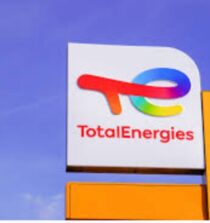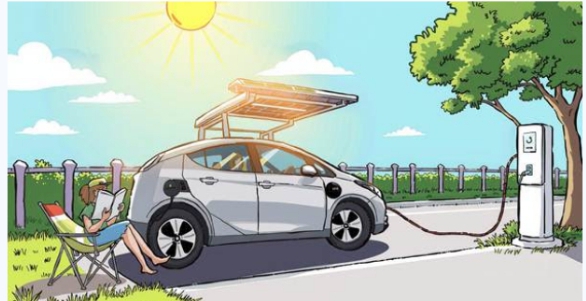By Energy Worth
Rather than wait for policy makers to resolve inherent risks in large-scale renewable energy development, the Federal Government has opted instead to meet with prospective private investors, to address issues and challenges hindering construction of the first ever Independent Power Producer (IPP) solar project.
The Federal Government, through the Energy Commission of Nigeria (ECN) and other stakeholders recently met investors in Lagos under the “Grid-Connected Renewable Energy Investor’s Forum”.
The forum supported by the United Nations Development Programme (UNDP) was meant to create awareness among stakeholders, establish the current status and challenges of on-grid renewable electricity generation in Nigeria.
The project comes as a component of a five-year Global Environment Facility (GEF) -supported project titled: De-Risking Renewable Energy NAMA (Nationally Appropriate Mitigation Action) for Nigerian Power Sector” being implemented by UNDP, ECN, Federal Ministry of Environment and Federal Ministry of power, Works and Housing.
The objective of the project is assisting the government in achieving a transformation in the electricity mix such that at least 20 GW of electricity is generated from solar PV by 2030.
Nigeria got this support because the nation lies within a high sunshine belt and thus has enormous solar energy potentials.
“The mean annual average of total solar radiation varies from about 3.5 kWhm-2 day-1 in the coastal latitudes to about 7 kWh-1 2day-1 along the semi-arid areas in the far North.
On the average, the country receives solar radiation at the level of about 19.8 MJm-2 day- 1,” according to ECN Director-General, Prof Eli Jidere Bala.
He noted that the UNDP-GEF project is geared towards the implementation of policy and financial de-risking instruments aimed at identifying and addressing barriers hindering large-scale renewable energy development in Nigeria.
“Tackling these barriers will result in building a successful first ever IPP solar PV project in Nigeria connected to the national grid to serve as a demonstration project that will enable us evaluate the technical, institutional and economic viability of on-grid RE projects in Nigeria.
“It will also help in building local capacity to foster rapid adoption and replication of grid~connected solar projects.







